Introduction
Hey there, fellow dog parent! Congratulations on your adorable new furry family member. We know bringing a puppy home is exciting, but housebreaking them can feel like a daunting task. Don’t worry—we’ve got you covered. With a little patience, a lot of love, and a clear plan, you can have your puppy housebroken in just seven days. Sounds like a dream, right? Let’s make it happen together!
Housebreaking isn’t just about keeping your house clean (although that’s a huge plus); it’s also about building trust and understanding between you and your pup. Plus, a well-trained puppy makes life easier and more enjoyable for everyone in the family. Ready to dive in? Let’s get started.
Day 1: Setting the Foundation

Establishing a Routine
Puppies thrive on routine—it’s like their version of comfort food. Start by setting a consistent schedule for feeding, playtime, and potty breaks. Take your puppy out first thing in the morning, after meals, before bedtime, and every couple of hours in between. Keep it predictable to help your puppy understand when and where they should go.
Introducing Your Puppy to Their Potty Spot
Choose a specific potty spot outside and always take your puppy there. Over time, the familiar scent will remind them it’s their bathroom. Use a short, simple command like “Go potty” every time you take them there. Puppies love consistency—it’s like their personal GPS for potty success.
Positive Reinforcement from Day One
When your puppy does their business outside, celebrate like they’ve just won an award. Use treats, praise, or their favorite toy to show them they’ve done a great job. Positive reinforcement builds confidence and makes them eager to repeat the behavior.
Day 2: Creating a Consistent Schedule

Understanding Your Puppy’s Bladder Schedule
Did you know puppies can only hold their bladder for about an hour per month of age? If your pup is two months old, they’ll need a potty break every two hours. Plan your day around this schedule to set them up for success.
Feeding Times and Their Impact on Potty Training
Stick to a regular feeding schedule. Puppies usually need to go potty 15–20 minutes after eating. Knowing this helps you anticipate when they’ll need a break, so you can avoid accidents.
Rewarding Good Behavior
Keep treats handy and be ready to reward every successful potty trip. This keeps the momentum going and reinforces the good habit. Trust us, your puppy will catch on quickly!
Day 3: Handling Accidents with Patience

Why Accidents Happen
Accidents are a normal part of housebreaking—it doesn’t mean your puppy isn’t learning. They’re still figuring things out. Remember, it’s all about progress, not perfection.
Steps to Clean Up the Right Way
When accidents happen, clean the area thoroughly with an enzymatic cleaner. This removes the odor and prevents your puppy from thinking it’s a designated potty spot.
Staying Calm and Positive
Never punish your puppy for accidents—it can confuse or scare them. Instead, focus on redirecting them to the right behavior. Patience and consistency are your best friends during this stage.
Day 4: Recognizing Your Puppy’s Signals

Common Signs Your Puppy Needs to Go
Your puppy may sniff the ground, circle around, or whine when they need to go. Pay attention to these signals—it’s their way of communicating with you.
Encouraging Communication with Your Puppy
Teach your puppy to sit by the door or bark softly when they need a potty break. This step takes time, but it’s a game-changer for long-term success.
Rewarding Consistency
By now, your puppy is starting to understand the routine. Keep rewarding them for going in the right spot to reinforce the habit.
Day 5: Extending Time Between Potty Breaks

Gradual Increases in Potty Timing
As your puppy gets better at holding their bladder, you can slowly extend the time between potty breaks. Start with 10-15 minutes longer and build up from there.
Using Commands to Strengthen Training
Stick to your command (“Go potty”) to make it part of their routine. Clear communication makes your puppy feel secure and confident.
Reinforcing the Routine
Consistency is key. Stick to the schedule and celebrate every success—it’s how great habits are built.
Day 6: Strengthening the Habit

Testing Their Memory in New Settings
By now, your puppy should be getting the hang of things. But housebreaking isn’t just about your backyard or favorite potty spot—it’s about all environments. Take your puppy to a new place, like a park, and guide them to do their business there. Use the same commands and rewards to show that the rules apply everywhere.
Adjusting Based on Your Puppy’s Progress
Every puppy is different. If your pup is struggling with accidents or forgetting the routine, don’t worry. Just revisit earlier steps, like increasing potty breaks or rewarding more frequently. Housebreaking is a journey, not a race, and it’s okay to take a step back to move forward.
Building Confidence in Your Puppy
Celebrate small wins every day! Whether it’s holding their bladder a little longer or going outside consistently, each success builds your puppy’s confidence. A confident puppy is a happy, well-trained puppy.
Day 7: Celebrating Success and Next Steps

Maintaining the Routine Post-Training
Congratulations—you’ve made it to day seven! By now, your puppy should be mostly housebroken. The key is to maintain the routine you’ve established. Keep consistent with feeding schedules, potty breaks, and commands to solidify their habits.
Addressing Challenges That Might Arise
Even well-trained puppies might have occasional accidents, especially in new situations or during stressful times. That’s okay! Treat it as a learning opportunity and revisit the basics if needed.
Enjoying a Fully Housebroken Puppy
Take a moment to celebrate this milestone. Your puppy is now well on their way to becoming a responsible family member. Give yourself a pat on the back—you’ve done an amazing job! And don’t forget to shower your puppy with love—they’ve worked hard too.
Common Mistakes to Avoid During Housebreaking
-
Punishing Accidents:
Punishment doesn’t work—it only makes your puppy nervous or confused. Stick to positive reinforcement instead. -
Inconsistent Routines:
Skipping potty breaks or changing the schedule can confuse your puppy. Stay consistent for the best results. -
Ignoring Your Puppy’s Signals:
If you miss your puppy’s subtle cues, accidents are more likely to happen. Learn to recognize their signals and respond quickly.
Tips for Success
-
Keep a Log of Potty Breaks:
Jot down when your puppy eats, drinks, and goes potty. Patterns will emerge, making it easier to anticipate their needs. -
Use the Right Tools and Cleaning Products:
Invest in a good enzymatic cleaner to remove odors from accidents. You’ll thank yourself later! -
Be Patient and Flexible:
Remember, housebreaking is a process. Some days will be easier than others, but every step forward is progress.
Conclusion
Housebreaking your puppy in just seven days might seem ambitious, but with love, patience, and consistency, it’s absolutely possible. You’ve learned how to set a routine, handle accidents, and celebrate your puppy’s progress. The bond you’ve built during this journey is priceless and will last a lifetime.
You’ve got this, dog parent! Keep nurturing your pup with the same care and dedication, and you’ll enjoy a lifetime of happiness together.
FAQs
1. How long does it take to fully housebreak a puppy?
While this guide helps you see major progress in seven days, every puppy is different. Some might take a few extra weeks to fully master housebreaking.
2. What should I do if my puppy keeps having accidents?
Accidents are normal. Revisit earlier steps like increasing potty breaks or monitoring their signals closely. Don’t lose heart—it’s all part of the learning process.
3. Can older puppies be housebroken in 7 days?
Absolutely! Older puppies may take to training even faster because of their more developed bladder control. Follow the same steps with consistency.
4. How often should I take my puppy out?
Young puppies need to go out every 1-2 hours, especially after eating, drinking, or waking up. As they grow, you can gradually extend the time between breaks.
5. What’s the best way to reward my puppy?
Treats, praise, and affection work wonders. Find what your puppy loves most, and use it to reinforce their good behavior.


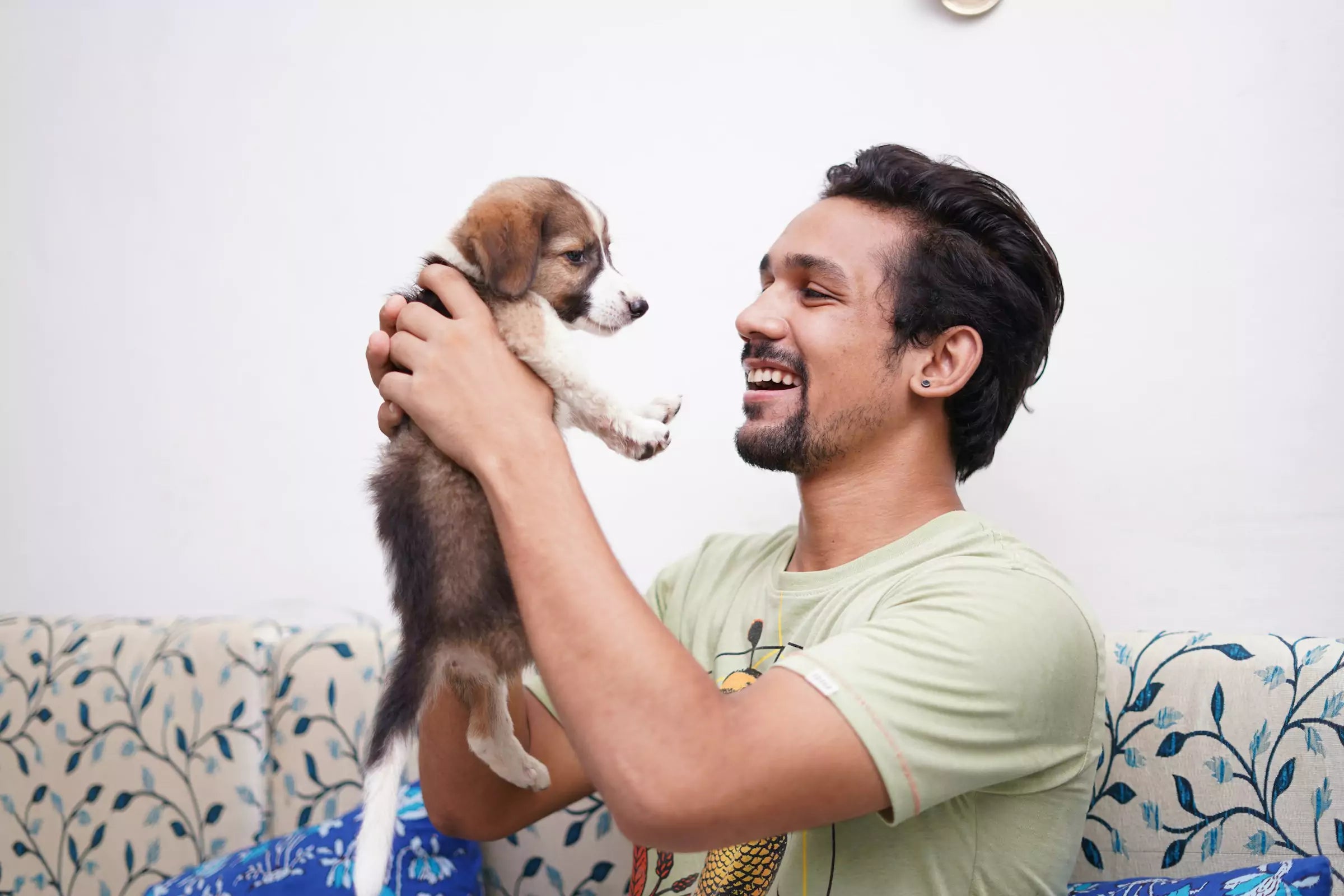
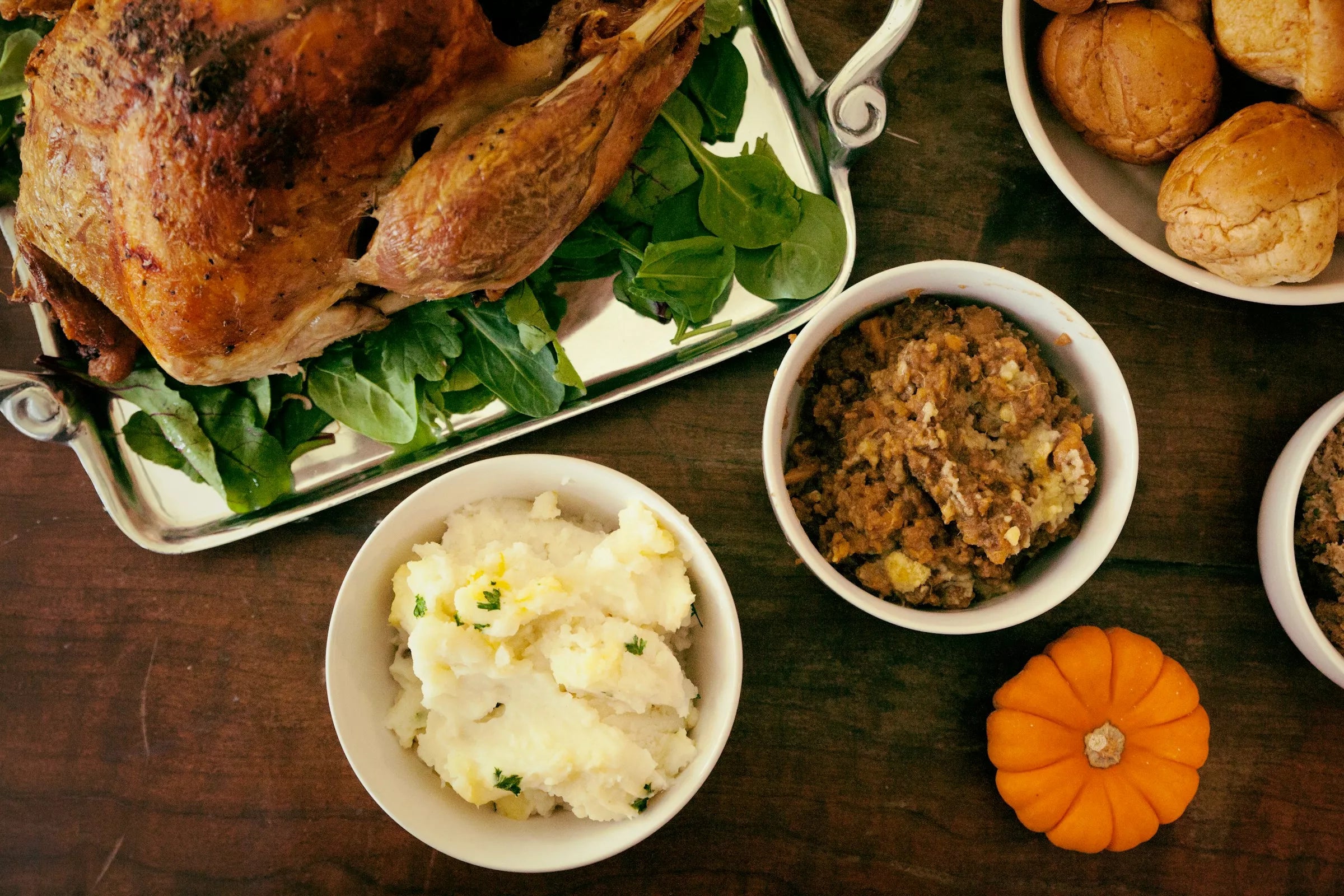
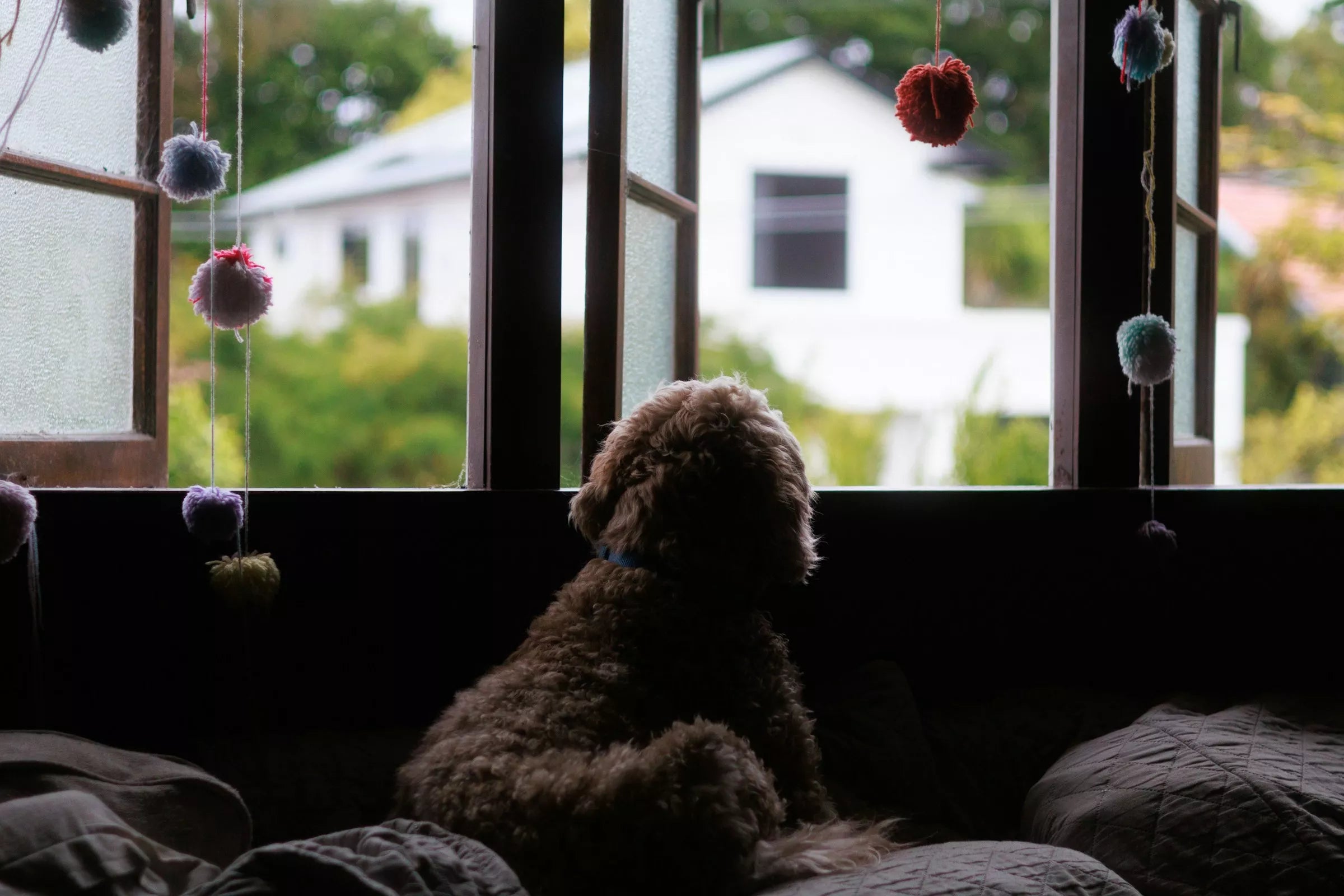
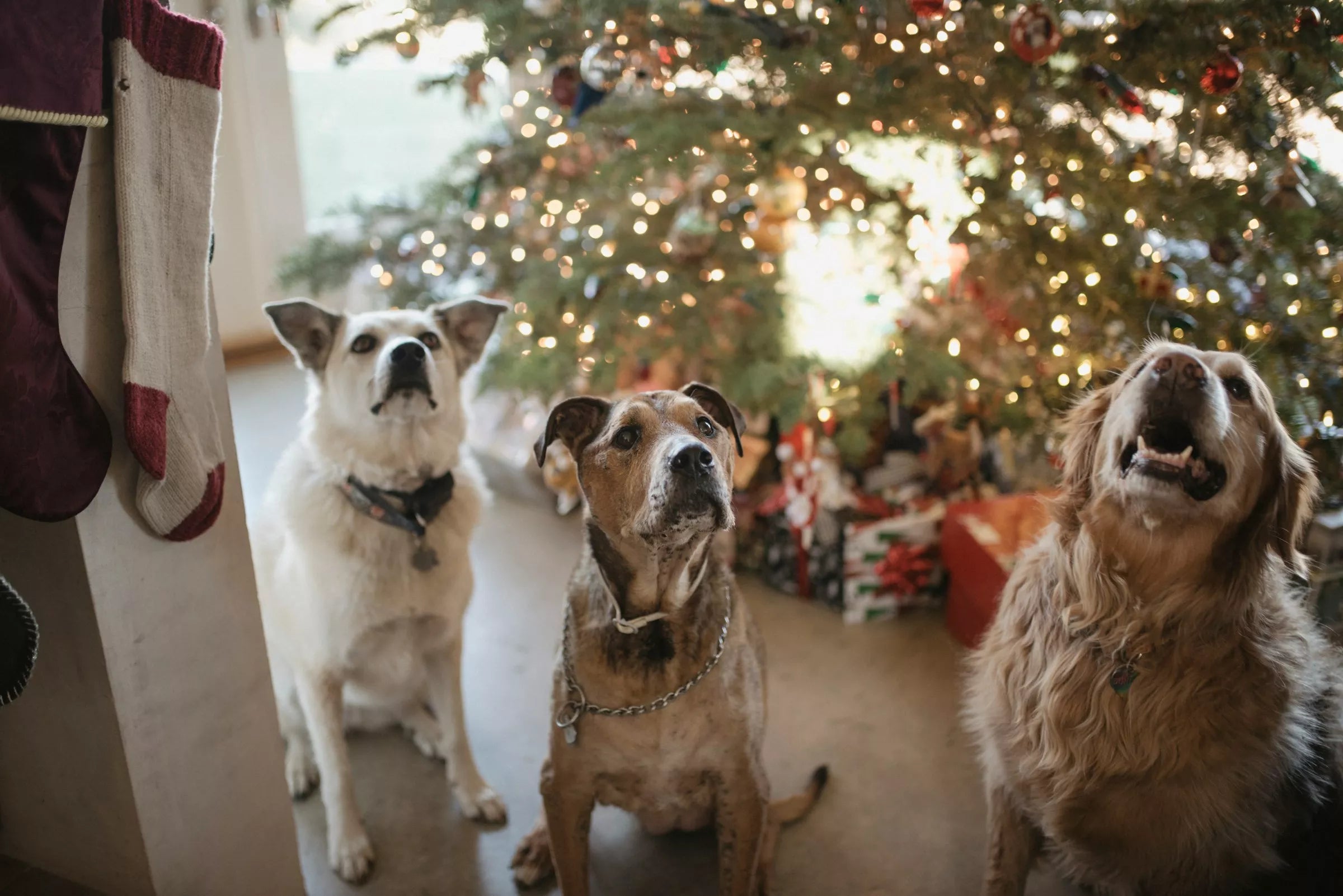
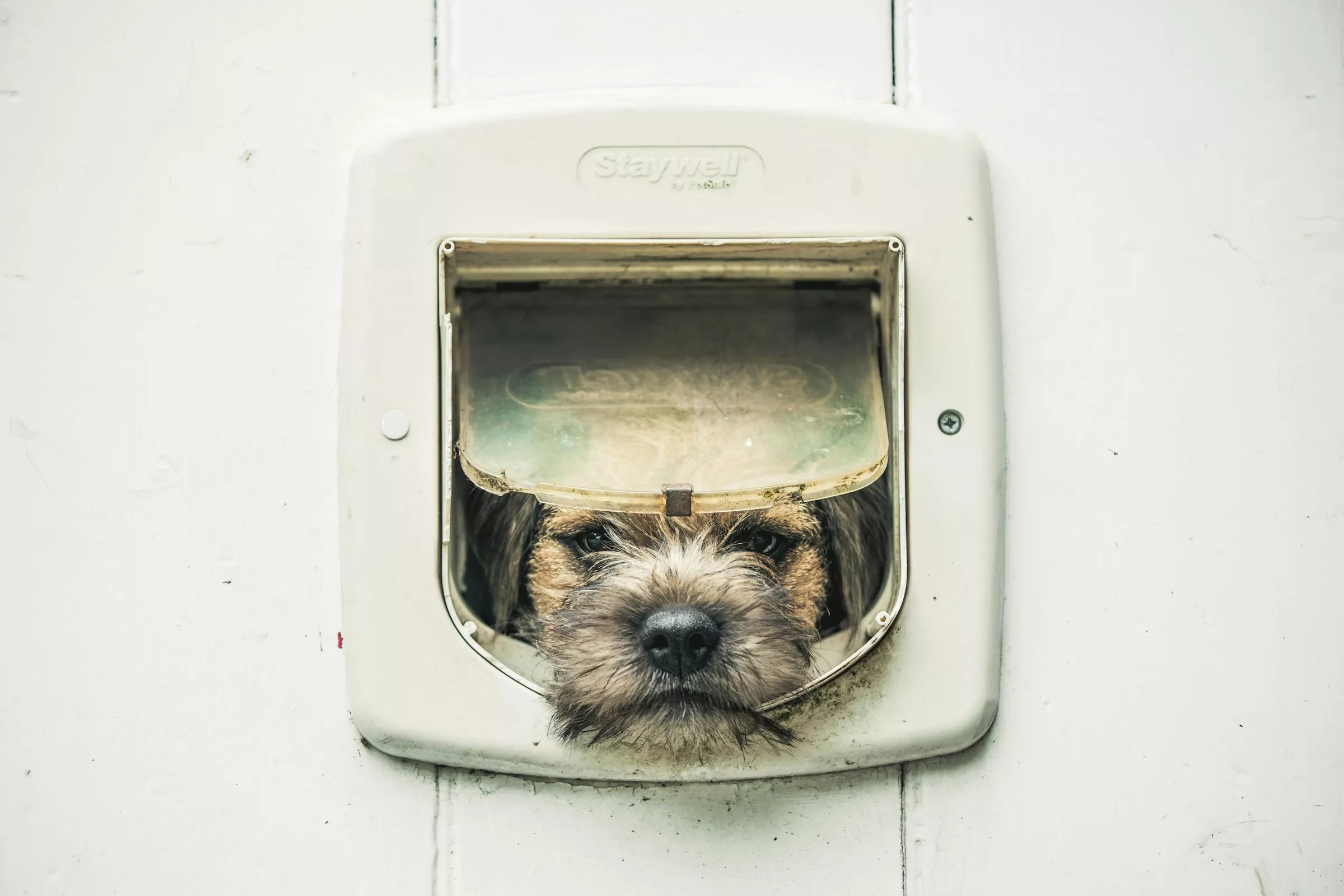
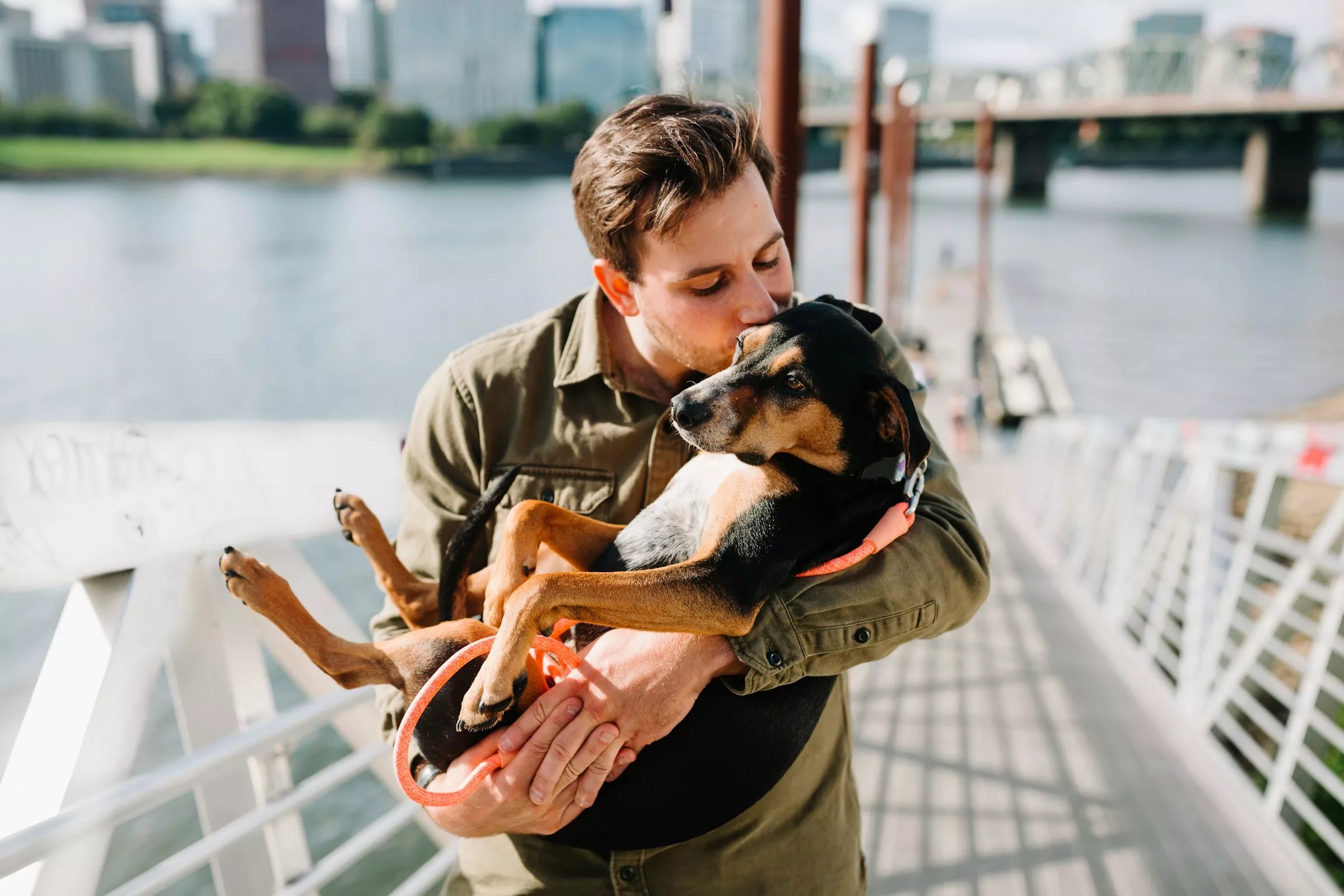
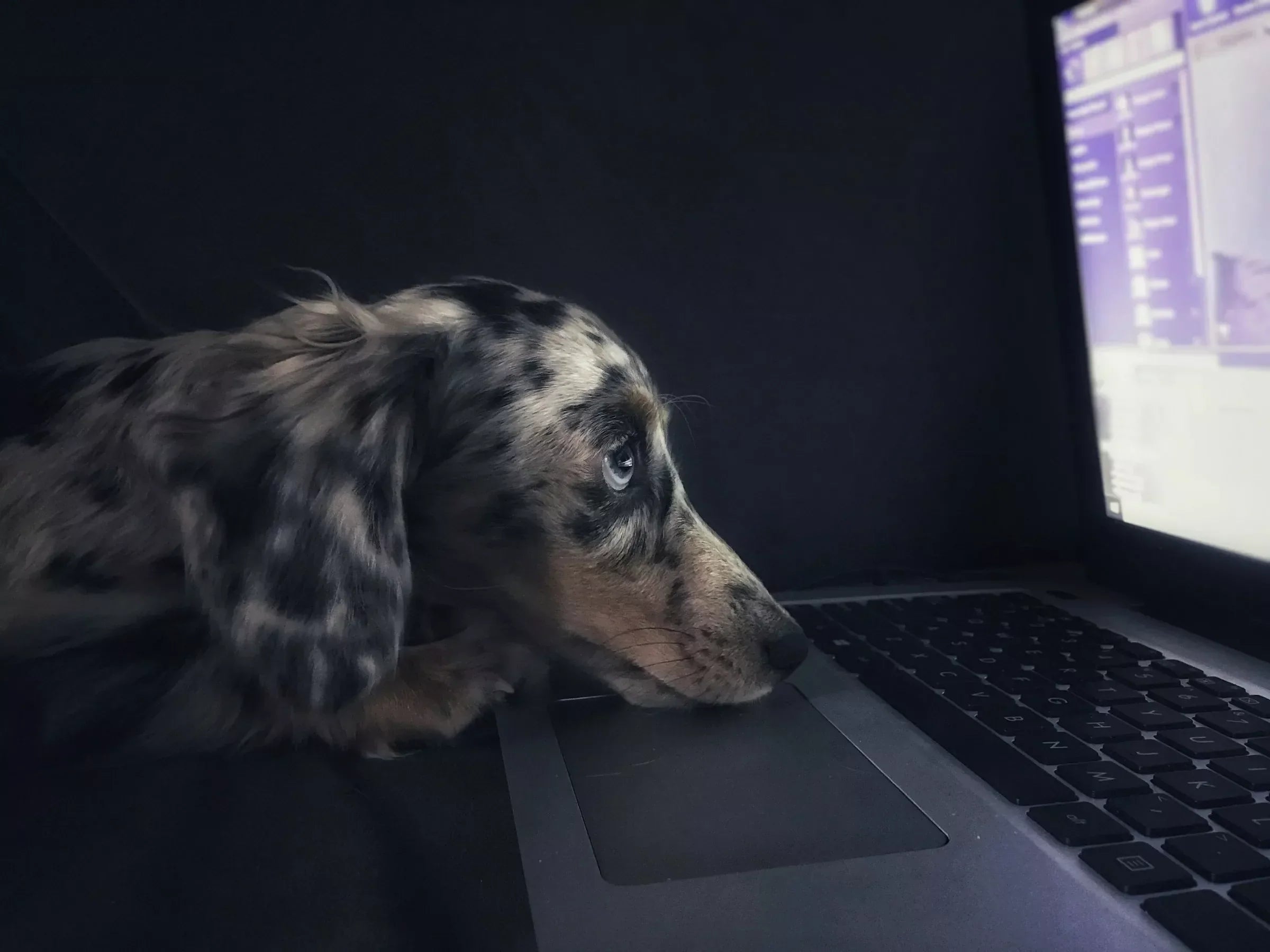






Share:
6 Household Items That Are Toxic to Dogs
My Dog Won’t Stop Barking at Visitors